
| Specifications |
| Publisher: Rashtriya Ayurveda Vidyapeeth | |
| Author Dr. V. V. Prasad | |
| Language: Hindi and English | |
| Pages: 210 (56 Color Illustrations) | |
| Cover: PAPERBACK | |
| 11.00 X 8.50 inch | |
| Weight 600 gm | |
| Edition: 2012 | |
| NAS110 |
| Delivery and Return Policies |
| Ships in 1-3 days | |
| Returns and Exchanges accepted within 7 days | |
| Free Delivery |
The line between science and metaphysics is very thin and it maintains a constant distance like that between us and horizon. Horizon is constantly in our sight but we never reach there. Likewise more we explore further to know the unknown, only a few phenomena get unfolded. More unknown appear, which we do not understand and tend to label them as unscientific or metaphysical until someone comes out with some scientific explanation or evidence. The fields of science are so much fascinating, but intriguing that only a few in true sense enter these fields to explore them. And those who do so are mesmerized by their highly unpredictiveness in their organized predictiveness. All the sciences appear like unknown abyss or deep universe and we are almost lost in the aspect so much that we want to explore further and further. Only a few geniuses can travel with a truly open mind to explore these fields; the majority in the scientific fields criticize them because their limited understanding acts as a barrier to visualize what is lying beyond this barrier.
I find it very painful to accept that Ayurvedic professionals label the Ayurvedic principles unscientific with their limited experience in their cocoonic world. Take the example of prakriti. Not a single Ayurvedic scientist appears to be involved in the real sense to understand this, but allied sciences have long back started working in this direction with the resultant appearances of new scientific fields such as epigenetics, pharmacogenetics, pharmacogenomics etc. Interaction of prakriti with desha, kaal, vaya, jati, kul, aushadh etc is evolving in the form of development of these separate sciences. Almost every principle of Ayurvedic science is like this. An indepth knowledge of all these principles is required to apply them correctly in the diagnosis and treatment of the diseases and above all for the preservation of health. The codes are given in the classical texts and deciphering these is required. Realizing the importance of all these, the present workshop was conceived. This gigantic task requires genius minds.
The interactive workshop series was started about io years ago and now almost after a decade I find that the young generation is returning back to Ayurveda and some of them are putting their best efforts to understand and decode the sutras of Ayurveda. Contribution by my Gurus, colleagues of younger years, RAV's Guru panel, presidents and other experts deserve a respectful place in this workshop series. I would always bow to their knowledge, hard and sincere efforts and timely response to make this series as a very much vibrant and knowledge-generating. Now when I see these books of interactive workshops I feel much satisfied as my efforts have not gone in vain. Of course, I realize that this is just a drop in the ocean. These kinds of workshops need to be self perpetuating. This task remains to be achieved to keep our national scientific heritage to be with us; otherwise it will not take a long time to be hijacked from us. My dear young friends awake and work hard in this direction.
It is seen that conventionally many Ayurvedic physicians of today simply follow the diagnostic methods of modern medicine to reach a diagnosis and prescribe Ayurvedic medicines and claim success in treatment on modern diagnostic parameters. These Ayurvedic physicians appear to ignore the diagnostic methods described in texts like Rogi-pariksha (by trividha, ashtavidha and dashavidha pariksha) and roga-pariksha (by nidan panchak) and shat-kriyakal for diagnosis and treatment. Many do question the need for such examinations as success comes otherwise.
In view of the above, the relevance of subjective & objective approach of Ayurvedic clinical diagnostic methods in patient care has become a debatable topic. The need is to make the Ayurvedic methods of diagnosis easy. If these are inadequate, only then the help of modern diagnostics and tests may be taken. Simultaneously it is also necessary to draw a protocol to interpret the modern investigations on Ayurvedic lines and standardize the diagnostic methods of Ayurveda, and improve the clinical and diagnostic skills.
In order to discuss the above issues and come to consensus conclusions, RAV is providing a platform. I hope that the present workshop will facilitate due discussions and scientific understanding of the subject, and the participants will find the book and interactions useful. I further hope that the practical demonstrations on patients by experts help facilitate the practitioners to implement them in their practice.
I would like to express my gratitude to the Secretary, Joint Secretaries and other officials of the Department of AYUSH for their constant support and encouragement. I am grateful to all resource persons for sparing their time and sharing their expertise and experience through the answers and attending this workshop to explain to the participants. Further, I appreciate the interest shown by teachers, practitioners and PG students to participate in the workshop.
I would like to thank Dr.Prasanna N. Rao, Principal and his team of faculty and other professionals, SDM College of Ayurveda & Hospital, Hassan for coming forward to collaborate with us in the workshop and provide hospitality and other logistics on the campus of their college.
I express my appreciation to all my staff for their sincere efforts to make all RAV programs successful, and thank Dr. Sandhya Patel for all the help.
**Contents and Sample Pages**
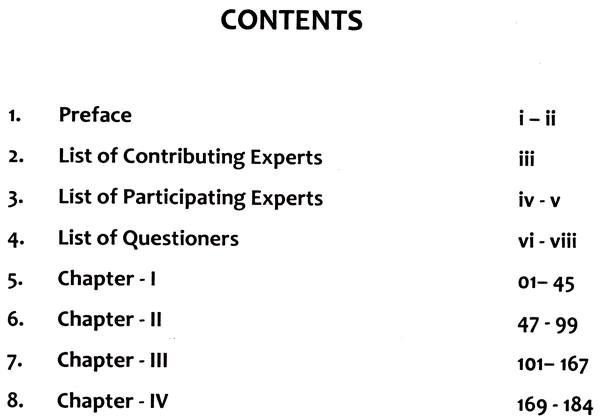
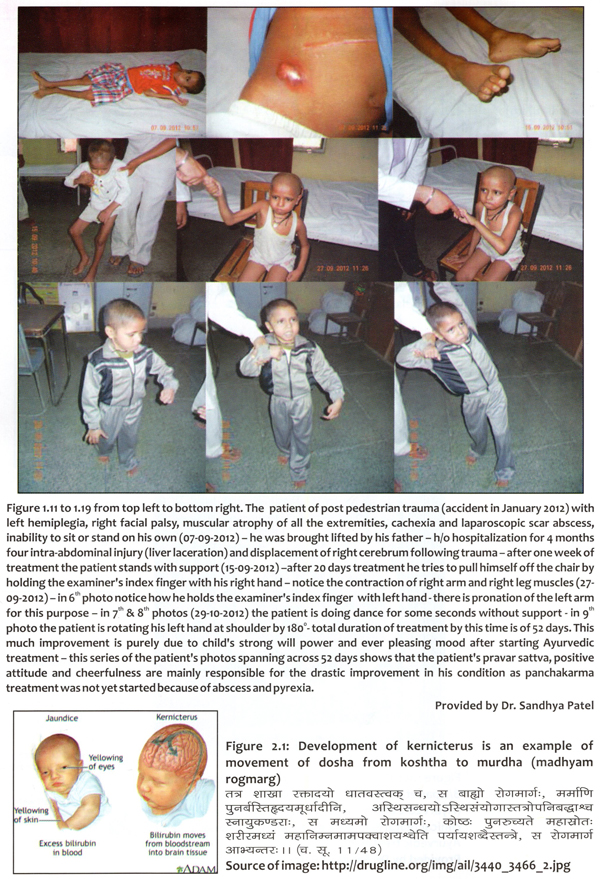
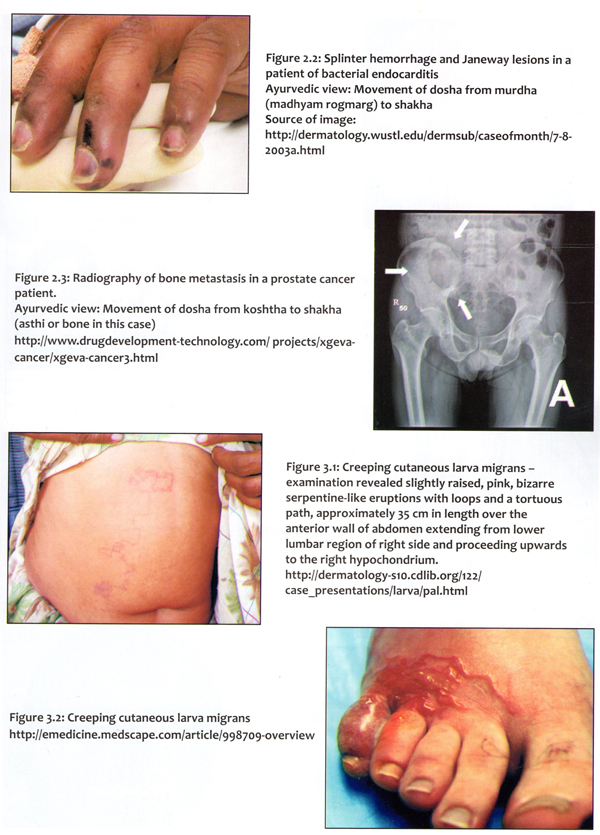


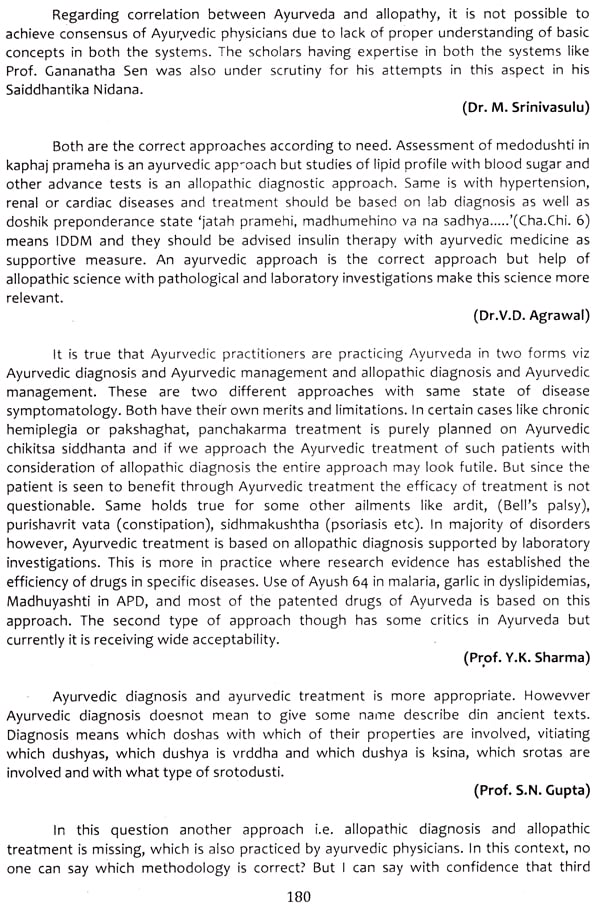
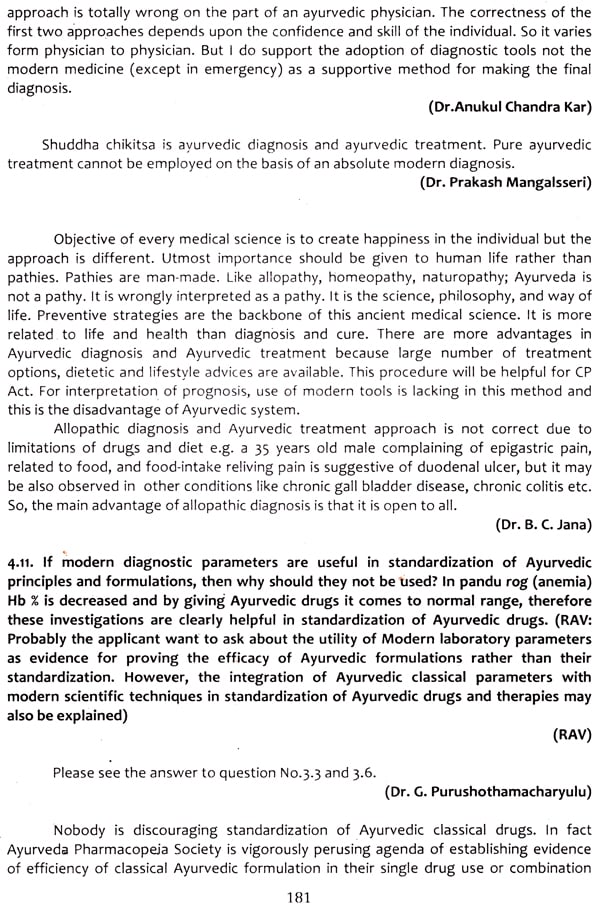
Send as free online greeting card
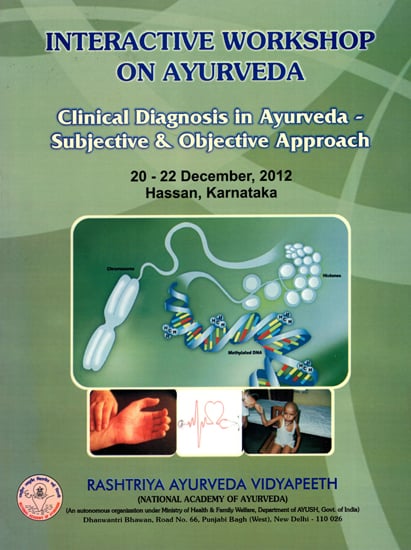
Visual Search